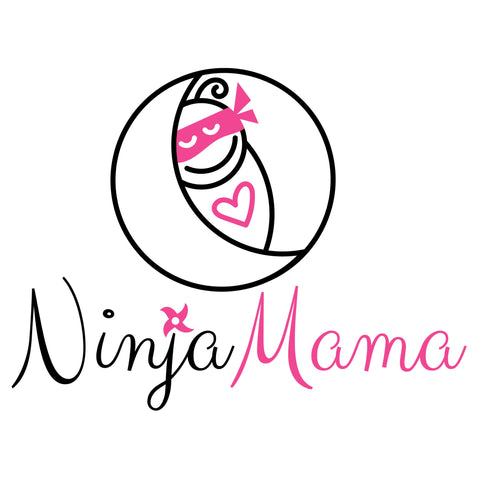Congratulations, new mama! You’ve just welcomed your precious baby into the world, and now it’s time to embark on the beautiful journey of postpartum recovery.
The first week after childbirth is a period of incredible transformation and adjustment for your body. In this short guide, we’ll walk you through what to expect during this time, ensuring you’re well-prepared and ready to embrace the miraculous changes that occur in your body.
1. Lochia is your body’s way of shedding the uterine lining after giving birth. It starts as bright red bleeding, gradually transitioning to a lighter colour over time. Don’t be alarmed by the flow—it’s perfectly normal and can last for several weeks. Remember to have plenty of sanitary pads on hand, opt for comfortable and absorbent options, and be kind to yourself as your body heals.
2. Uterine Contractions: Nature’s Way of Healing: Your uterus, a true champion, begins contracting immediately after childbirth to shrink back to its pre-pregnancy size. These contractions, known as afterpains, can be felt as cramps, especially during breastfeeding. Rest assured, these contractions are a sign that your body is healing and getting back into shape. Stay hydrated, take pain medication as recommended by your healthcare provider, and use a heating pad or warm compresses for relief.
3. Engorged Breasts: The Milk’s Coming In: Around the third or fourth day after delivery, your breasts may become engorged as your milk supply increases. They may feel full, tender, and even rock-hard at times. Remember, this is a sign that your body is providing nourishment for your baby. Ease the discomfort by breastfeeding or expressing milk, using warm compresses or cold packs, and wearing a supportive nursing bra.
4. Perineal Discomfort: Healing with Care: If you had a vaginal birth, it’s common to experience perineal discomfort or soreness. The perineum, the area between your vagina and anus, may be swollen, bruised, or even have stitches if you had an episiotomy or tear. To aid healing, take sitz baths with warm water, use a peri bottle to clean the area after using the restroom, and apply witch hazel pads or soothing creams. Sitting on a cushion or pillow can provide additional relief, and remember to take it easy as your body heals.
5. Hormonal Shifts: Emotions on a Rollercoaster: Postpartum hormones are known for their ability to take you on an emotional rollercoaster ride. You may find yourself teary-eyed, overwhelmed with joy, or experiencing mood swings. Remember, these fluctuations are entirely normal as your body adjusts to the changes post-birth. Reach out to your support system, communicate your feelings, and lean on your partner for support and understanding. Most of all give yourself a break mama you've been through a lot!
6. Exhaustion: Napping and Nurturing: Sleep deprivation becomes a close companion during the first week postpartum. Caring for a newborn takes round-the-clock attention and can leave you feeling exhausted. Embrace the power of napping when your baby sleeps, prioritise rest, and ask for help from loved ones. Remember, self-care is crucial for both you and your baby’s well-being, so don’t hesitate to take breaks and recharge.
As you embark on this remarkable postpartum journey, remember that your body is an incredible vessel that has carried and brought forth new life. remember it needs nurture and care.


